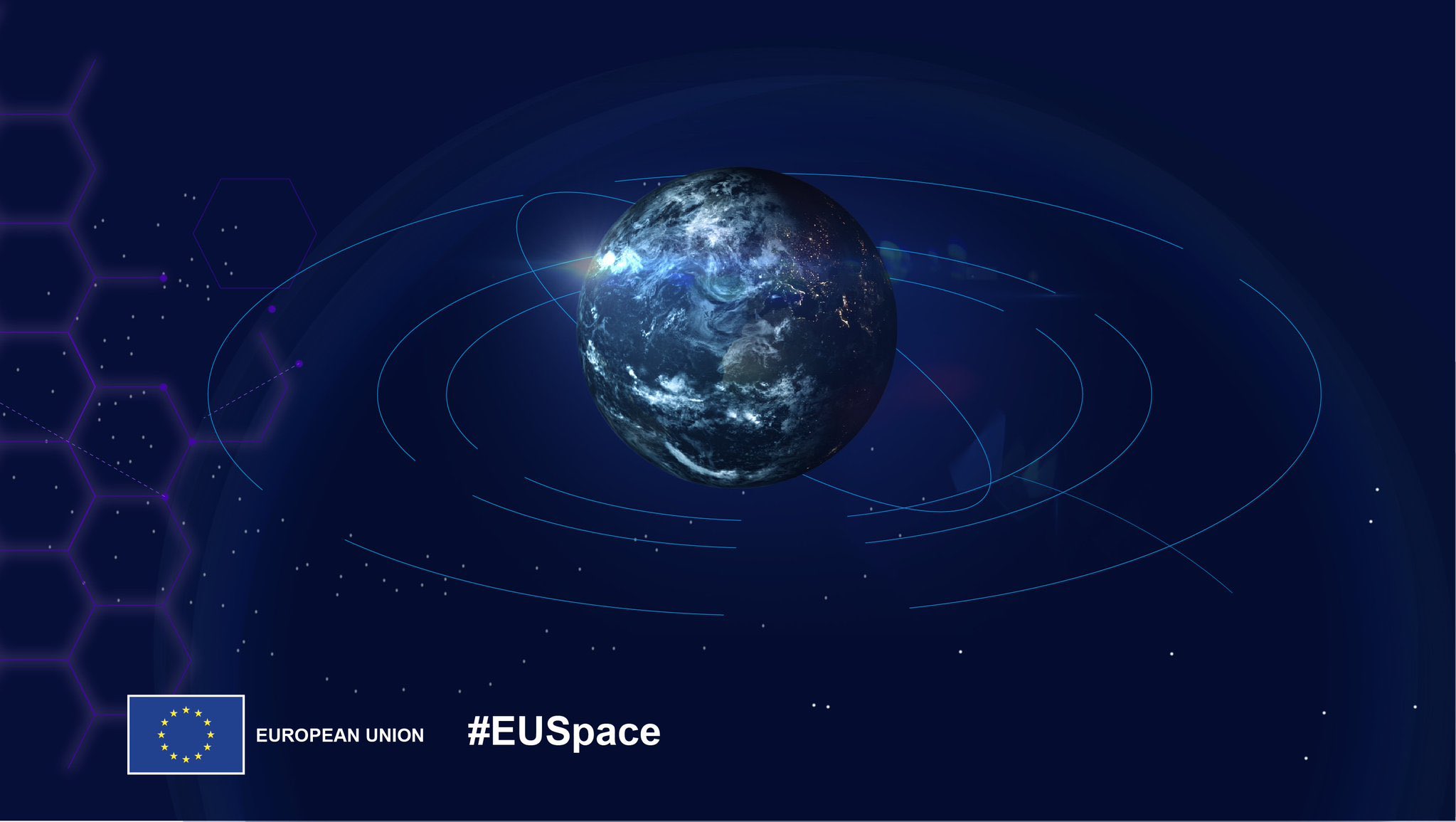After SpaceX and Amazon, the EU is also planning its own satellite Internet network

The European Commission has presented plans to launch a 6 billion satellite Internet network. All the details
A high-speed Internet network in space “parallel” to the terrestrial one to allow the EU to always remain connected.
It is the project announced yesterday by the European Commission, dedicated to space-based connectivity, part of a push to reduce the EU's dependence on foreign companies and protect key communication services and surveillance data from any external interference.
In this way, Brussels intends to compete with the mega-constellations of satellites subsidized by the United States, China and Russia.
Elon Musk's private aerospace company SpaceX with its Starlink constellation has already launched over 2,000 satellites to provide space-based global wifi and has applied for licenses to launch 40,000. Without forgetting that SpaceX is not the only one to send satellites for satellite connection. Amazon is also working on Project Kuiper, a network of 3,236 satellites that will provide a high-speed connection to the most remote places in the world. Britain's OneWeb is planning to put up to 100,000 satellites into orbit this decade.
And now the EU also wants to launch its satellite Internet system.
“Our economy is becoming more and more digital and cyber threats are also growing. The answer is in space. Today we propose a plan for the security of the satellite communication system. For secure government communications and faster connections everywhere ”, the president of the EU Commission Ursula von der Leyen wrote in a tweet.
All the details.
THE INFRASTRUCTURE PLANNED BY BRUSSELS
"Our new connectivity infrastructure will provide high-speed Internet access, support our current Internet infrastructure, increase our resilience and cybersecurity, and provide connectivity to all of Europe and Africa," stressed the European Commissioner. for the Internal Market, Thierry Breton.
Furthermore, the project will be "pan-European" and "will allow the numerous" European "start-ups and Europe as a whole to be at the forefront of technological innovation" in a sector that "plays a growing role in our daily life, in our economic growth, in our security and in our geopolitical weight ". The infrastructure will also include “the latest quantum communication technologies for secure cryptography”.
WHICH ALSO LOOKS AT AFRICA
“It will run north to south and protect our communications in the event of a cyber attack. It has a military and sovereign dimension. It will also offer connectivity to the African continent ”explained Breton.
THE RESOURCES PROVIDED BY THE EU FOR THE INTERNET NETWORK
The total cost of the infrastructure is estimated at € 6 billion, of which € 2.4 billion is allocated from the common budget.
ROADMAP
Brussels aims to launch the program next year. And it expects the first services to be active by 2025.
THE FEASIBILITY STUDY LAUNCHED AT THE END OF 2020
Furthermore, yesterday's announcement of the project by the EU executive for the Internet via satellite follows the selection in December 2020 of the consortium that would study the design, development and launch of a European space communications system.
The European Commission had selected as members of the consortium: Airbus, Arianespace, Eutelsat, Hispasat, OHB, Orange, SES, Telespazio (jv Leonardo 67% and Thales 33%) and Thales Alenia Space (Thales 67% and Leonardo 33%).
AIRBUS, LEONARDO AND ORANGE WORKING ON QUANTUM TECHNOLOGY
Finally, as already mentioned, the multi-orbit constellation of Europe will also exploit quantum cryptography to protect the network. Last May, the Commission awarded a 15-month contract to a consortium led by Airbus to study a quantum technology-based network for Europe called EuroQCI.
The consortium, led by Airbus, includes Leonardo, Orange, PwC France and Maghreb, Telespazio (Leonardo 67%, Thales 33%), the National Research Council (Cnr) and the National Institute of Metrological Research (Inrim).
Since June 2019, 26 EU member states have signed the EuroQCI Declaration, to collaborate with the Commission, supported by the European Space Agency (ESA), in the development of a quantum communication infrastructure covering the entire European Union. EuroQCI will therefore combine the use of commercial optical fibers with that of dedicated satellites.
This is a machine translation from Italian language of a post published on Start Magazine at the URL https://www.startmag.it/innovazione/anche-lue-dopo-spacex-e-amazon-progetta-una-sua-rete-internet-via-satellite/ on Tue, 15 Feb 2022 18:11:02 +0000.
